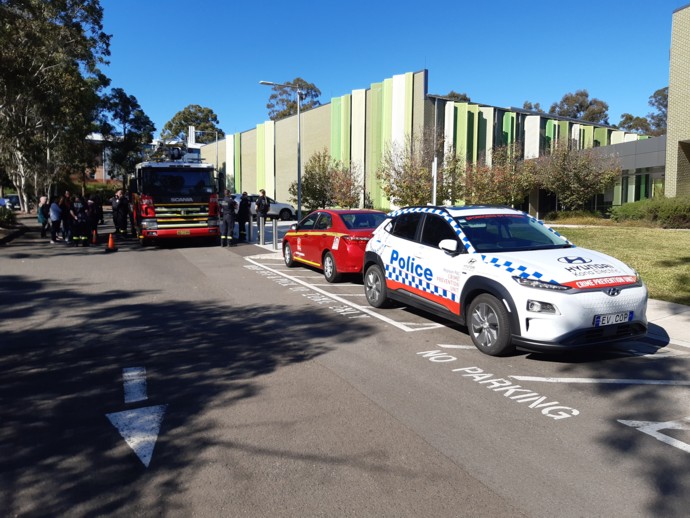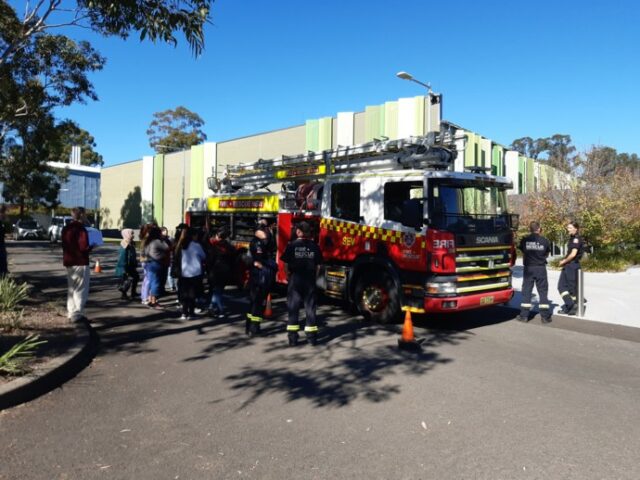TAFE NSW is at the forefront of helping migrants transition to life in Australia by helping them brush up on their English whilst learning critical home fire safety skills.
Australian Migrant English Program (AMEP) and English Language students at TAFE NSW Kingswood recently participated in a “winter fire safety check of a home information session” where representatives from Fire and Rescue NSW took students through ways to protect the home from fires during the winter months.
TAFE NSW Kingswood Head Teacher of Educational Pathways Eoin O’Caoimh said the session was a splendid example of how TAFE NSW uses real-world scenarios to add even more value to English language sessions.
“Fire safety is important, no matter your background. Incorporating these visits from Fire and Rescue NSW into the AMEP and English Language programs means students get the dual benefit of critical fire safety education combined with being immersed in the associated language skills,” Mr O’Caoimh said.
“We make every effort possible to ensure the English language skills we teach are practical and will be of use to our students in their everyday lives outside the classroom.”

Over 1.1 million households have a higher risk of fire and injury than the average households across NSW. Multicultural households represent over 500,000 of these higher risk households.
FRNSW Commissioner Paul Baxter has stressed the importance of home fire safety awareness in culturally and linguistically diverse communities.
“These information sessions provide students, who often have limited English skills, an interactive workshop with props such as smoke alarms and fire blankets to provide them with a firsthand experience about home fire safety,” he said.
“We are also pleased at the number of participating students requesting to have smoke alarms installed in their homes following these workshops.”
With almost 44 per cent of people in Western Sydney speaking a language other than English at home, the AMEP and English language classes at TAFE NSW assist students to improve their English language skills for work or study.
As part of the class students also learn to read and interpret a range of real-life texts, from simple signs and notices to quite complex forms from health, education and other government sources. Classes also allow them to practise real-life scenarios such as shopping, asking for directions, and interacting with their community.

Weekender Newsroom
This post has been published by the team in our newsroom.

